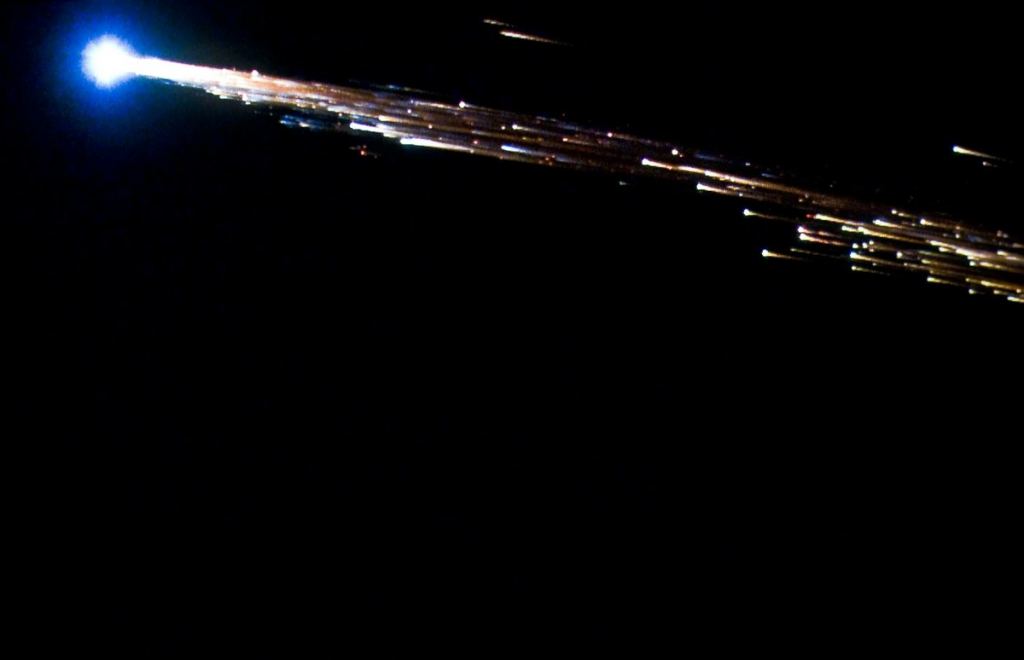Kessler syndrome seems to be a growing fear for those interested in space exploration. The condition where numerous non-functional pieces of junk block access to orbit appears to be inching closer to reality, spurred on by weekly news reports of dozens of more satellites launching that will eventually become precisely that kind of obsolete space junk. But that won’t happen if the US’s Federal Communications Commission (FCC) has anything to do with it – a new rule the commission adopted will require companies to deorbit their unused satellites in less than five years after decommissioning.
By some arcane feature of the American bureaucracy, the FCC, which typically is thought of more as a regulator for cell phone wireless spectra and making sure that pacemakers aren’t interrupted by welding machines, is somehow responsible for the country’s satellite policies. Previously, the commission had ruled that satellites could stay in orbit for up to 25 years, and some had been grandfathered in. Some pieces of debris were still in orbit after being launched in the 1950s.
That will not stand with the dozens of new satellites being launched consistently. Superconstellations, such as Starlink’s planned potential 42,000 satellites, could pose an actual threat to human access to space, especially if some of them fail, as a non-insignificant number of Starlink satellites have. Worse yet, they could suffer an “unplanned catastrophic failure” that results in myriad smaller pieces of debris strewn through the satellite’s orbit.
Kurzgesagt video discussing the dangers of Kessler Syndrome. Credit – Kurzgesagt YouTube Channel To put a stop to such a scenario, the FCC instituted a new rule that requires all companies that launch satellites to be able to deorbit them within five years of their decommissioning. There is a two-year grace period for this rule to take effect, most likely to allow companies time to integrate the new requirements into their existing projects and not burden any imminently launchable missions.
In addition, there are some possible exceptions for particular science missions that might not be able to meet that requirement. Those requirements are not without controversy – some point to additional government red tape that could put some handcuffs on the rapidly expanding satellite industry. The FCC even hopes they are unnecessary, with one Commissioner stating that he hoped the rule would be “a largely unused backstop for best-in-class commercial practice.
” However, that might be wishful thinking. The FCC only has jurisdiction over American companies, and they are certainly not the only ones launching satellites into orbit. It remains unclear what would be necessary to bring other space-faring nations on board with the requirements, but most likely, some kind of international cooperation would be required.
UT video on the threat satellite super constellations pose in terms of space junk. At the time of writing, that was not immediately forthcoming. But a clear stance from a regulatory agency of the world’s most powerful space-faring nation is certainly an excellent place to start.
Anyone concerned about the future of human spaceflight will hope this is only the beginning of a reasonable regulatory regime for keeping one of the most essential space-based resources, a clear path to space, clear for the indefinite future. Learn More:Parabolic Arc – FCC Proposes Rule Requiring Operators to Dispose of Satellites Five Years After End of MissionTechCrunch – FCC rules satellites must deorbit within 5 years of ending missionUT – We Need to Fix Space Junk Before It’s Too LateUT – Space Debris May be Catastrophic to Future Missions (and Google Earth is Watching…) Lead Image:Breakup of an uncrewed cargo vessel over the Pacific Ocean. Credit – NASA, ESA, Bill Moede and Jesse Carpenter The post Companies Will Have Five Years to Dispose of Their Dead Satellites appeared first on Universe Today.
.
From: universetoday
URL: https://www.universetoday.com/157877/companies-will-have-five-years-to-dispose-of-their-dead-satellites/



